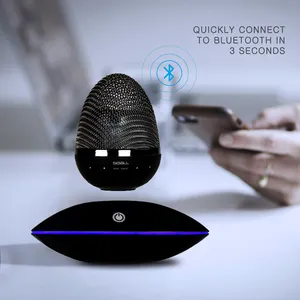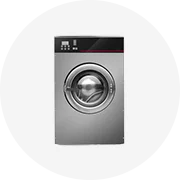Digital Speaker Processor: An Overview
The realm of audio equipment is ever-evolving, with the digital speaker processor standing as a pivotal component in enhancing sound systems. This category encompasses a variety of devices designed to refine and control audio signals for optimal output. Within this spectrum, users can discover devices ranging from the essential speaker management processor to sophisticated models like the ashly protea 4.8 sp original, each tailored to specific audio needs.
Types and Applications
Digital speaker processors come in various forms, each serving distinct functions. From the ashly protea 3.6 sp manual variant, known for its user-friendly interface, to the advanced management ashly 4.8, which offers more intricate controls, the selection caters to both novice and professional audio setups. These processors are integral in both live sound reinforcement and studio settings, ensuring that audio playback is managed with precision.
Features and Functionality
A digital speaker processor is not just about volume control; it's a sophisticated tool that shapes the sound. Features such as equalization, crossover filters, and dynamic range compression are standard. For instance, the bbe ds48 digital speaker processor provides comprehensive control over these features, allowing for meticulous sound sculpting. Similarly, the bbe ds26 digital speaker processor offers a streamlined interface for managing audio outputs efficiently.
Construction and Materials
The construction and materials of a digital speaker processor play a crucial role in its performance. While the internal circuitry is engineered for signal clarity and fidelity, the external materials range from durable metals to composites, ensuring longevity and reliability. The components within, such as the DACs and microprocessors, are selected for their ability to handle complex audio tasks without distortion or loss of quality.
Advantages of Integration
Integrating a digital speaker processor into an audio system brings several advantages. It allows for fine-tuning of sound, ensuring that the output matches the acoustics of the environment. Additionally, it provides protection for speakers by controlling frequencies that could potentially damage hardware. With the right processor, users can achieve a balanced sound that is both clear and impactful.
Choosing the Right Processor
Selecting the appropriate digital speaker processor requires consideration of the specific needs of the audio system. Factors such as the size of the venue, the type of speakers used, and the desired sound characteristics will influence the choice. Platforms like Alibaba.com host a variety of options, enabling buyers to compare different models and features without the influence of brand bias, ensuring a decision that aligns with their audio goals.









































 浙公网安备 33010002000092号
浙公网安备 33010002000092号 浙B2-20120091-4
浙B2-20120091-4